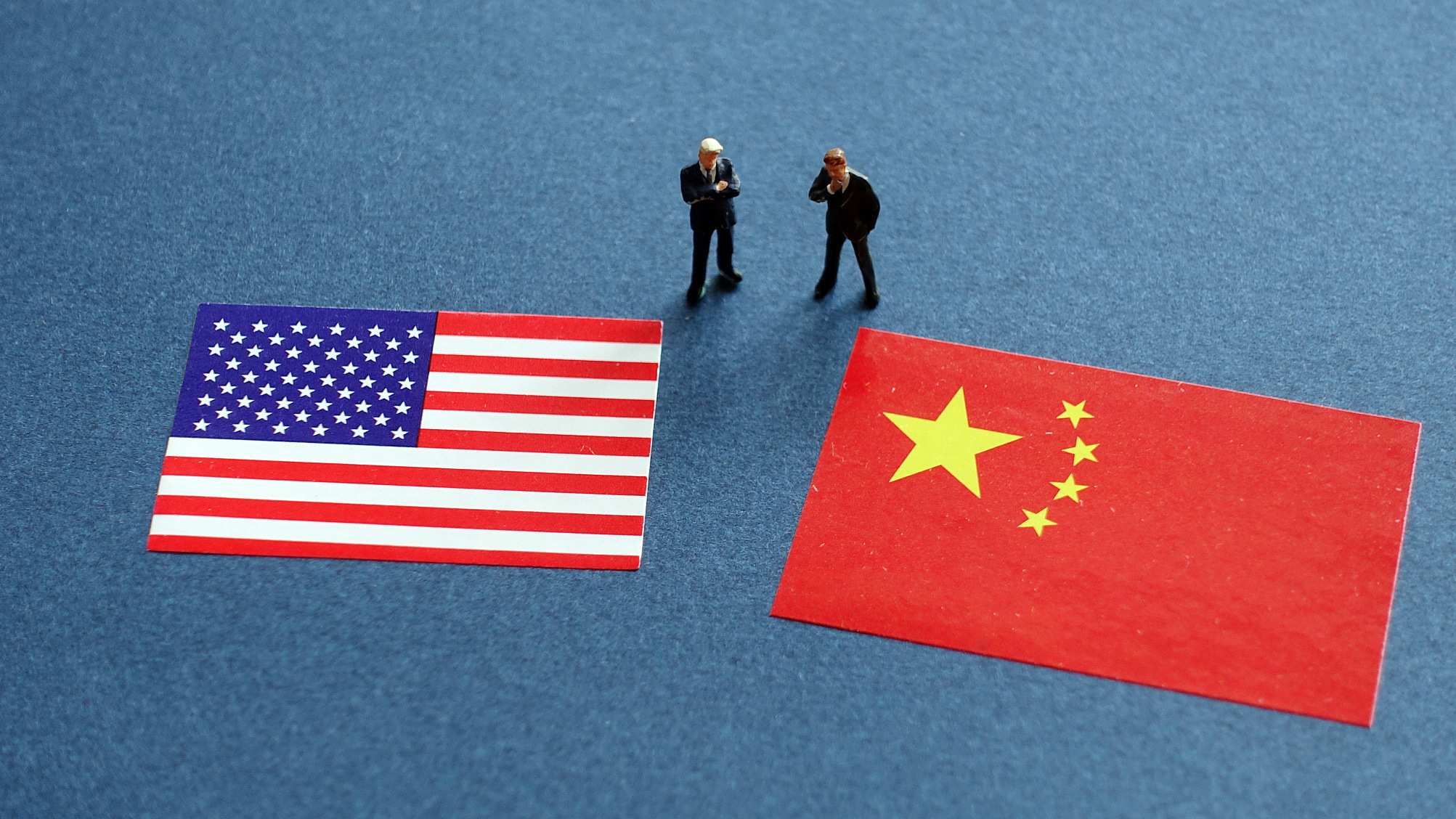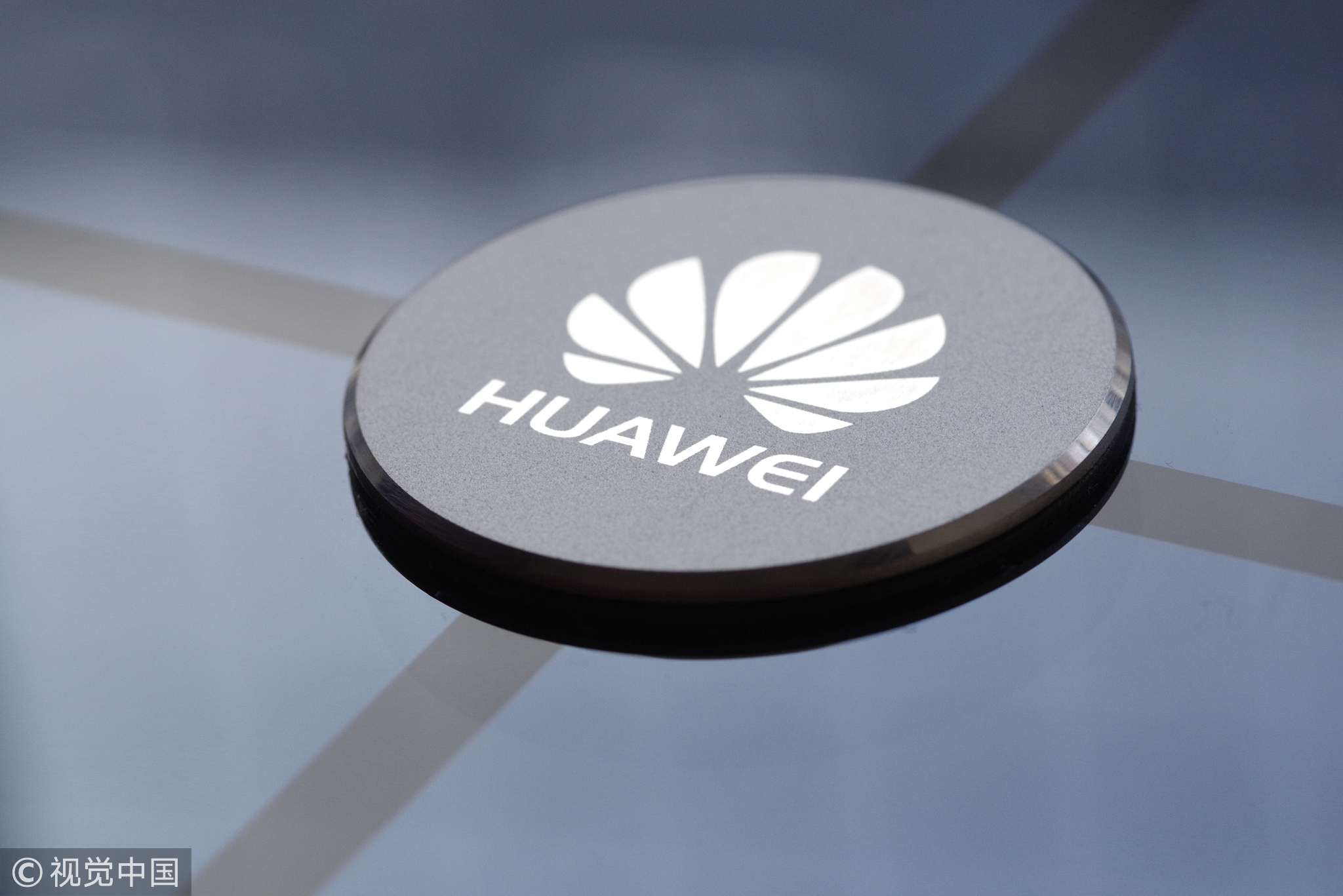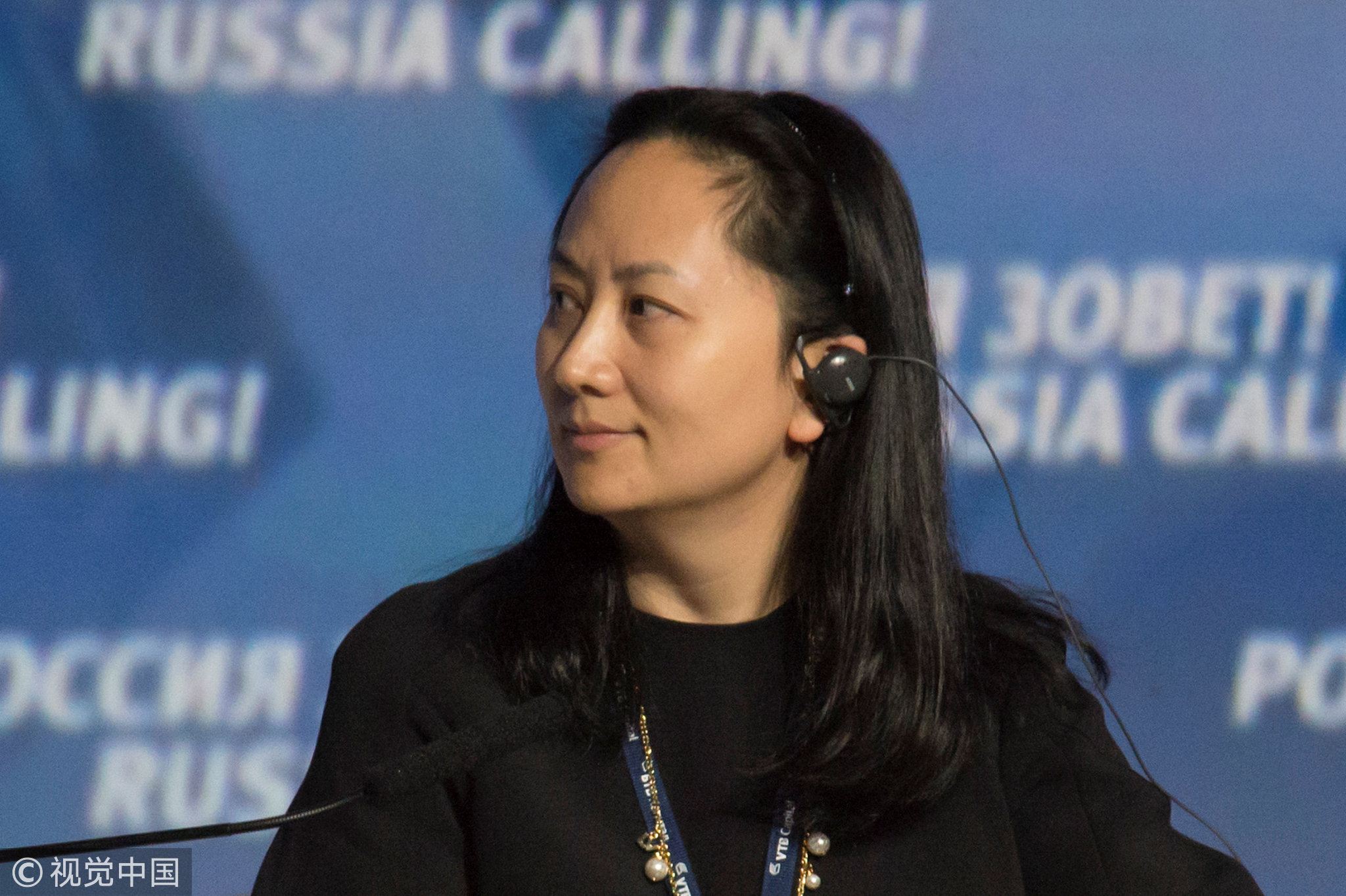
Opinions
09:47, 07-Dec-2018
Opinion: Uncertainties and dangers facing China-U.S. talks
Updated
09:34, 10-Dec-2018
Zhu Zheng

Editor's note: Zhu Zheng is an assistant professor at the Faculty of Law with China University of Political Science and Law. The article reflects the author's opinion, and not necessarily the views of CGTN.
While a historic working dinner in Argentina is viewed as having reached a ceasefire deal on trade between China and the U.S., a series of new moves by the U.S. side has caught the world by surprise and arguably sent out some foreboding messages.
It was reported that Meng Wanzhou, the CFO of China's tech giant Huawei and daughter of Huawei's founder Ren Zhengfei, had been detained by Canadian authority at the request of America on December 1 when she was taking a connecting flight to Argentina. A bail hearing has been set for December 7 and rumor said that Meng's arrest had something to do with the trade ban placed by the U.S. on Iran.
While the Chinese side has lodged a strong protest and stern representation with the American and Canadian sides, detail of the case has remained unclear due to “a publication ban in effect,” according to a Canadian statement.
In other bewildering and disturbing news, Zhang Shoucheng, a Shanghai-born American scientist, was said to have committed suicide in Stanford University, where he had held two chairs of professorship, and received numerous awards for his breakthroughs in physics. According to the online source, Zhang was a member of the U.S. National Academy of Sciences in 2015 and widely regarded as a strong contender to Nobel Prize.

VCG Photo
VCG Photo
It was reported that Zhang had suffered from depression for a long time, but rumor said that because of his highly valuable and practical studies, Zhang has been closely watched by the American authority and was even “interrogated” by the F.B.I., before his death.
Although a few further clues have emerged in the case that can restore the complete story, the incidents will have to be read jointly, which perhaps have portrayed a gloomy prospect for the ensuing China-U.S. talks.
It has shown that U.S. President Donald Trump administration is eyeing on Chinese high-tech companies and taking steps to ensure strict compliance by Chinese technology enterprises of American domestic law. This was echoed in ZTE case earlier this year, where the U.S. imposed an export embargo on ZTE, a Shenzhen-based telecommunication conglomerate, and forced the company to pay exorbitant fines to lift the ban.
At first glance, the measures were to impose American domestic laws on foreign countries and its companies, but a closer inspection reveals the aims of the current American government to contain China's technological advancement and overall China's economic uprising trend.

Meng Wanzhou, executive board director of China's technology giant Huawei, attends a session of the VTB Capital Investment Forum "Russia Calling!" in Moscow, Russia, October 2, 2014. /VCG Photo
Meng Wanzhou, executive board director of China's technology giant Huawei, attends a session of the VTB Capital Investment Forum "Russia Calling!" in Moscow, Russia, October 2, 2014. /VCG Photo
The news about Meng's arrest has indeed brought a major upheaval to China's financial and oil markets, and more severely, the new move on the American side has encompassed some disturbing clues.
Despite the seemingly reached truce by the two sides, the incidents signaled that America is still maintaining a combative stance towards China.
Indeed, in his major Tuesday speech in Brussels, U.S. Secretary of State Mike Pompeo openly threatened to jettison multilateralism and unfairly accused China of causing global instability. Pompeo added that China's rise from the current U.S.-led system of trade and other treaties was an example of “the poisoned fruit of American retreat.” He openly announced that America is “acting to preserve, protect, and advance an open, just, transparent and free world of sovereign states.”
As aggressive as they sounded, Pompeo's words, as stressed by Chinese Foreign Ministry spokesperson Geng Shuang, “did not accord with the spirit” of the conference between Trump and Chinese President Xi Jinping at the G20 summit.
This has once again reminded China of the dangers and uncertainties in the following talks. China should stay alert to America's next move and prepare for the worst.
(If you want to contribute and have specific expertise, please contact us at opinions@cgtn.com.)

SITEMAP
Copyright © 2018 CGTN. Beijing ICP prepared NO.16065310-3
Copyright © 2018 CGTN. Beijing ICP prepared NO.16065310-3